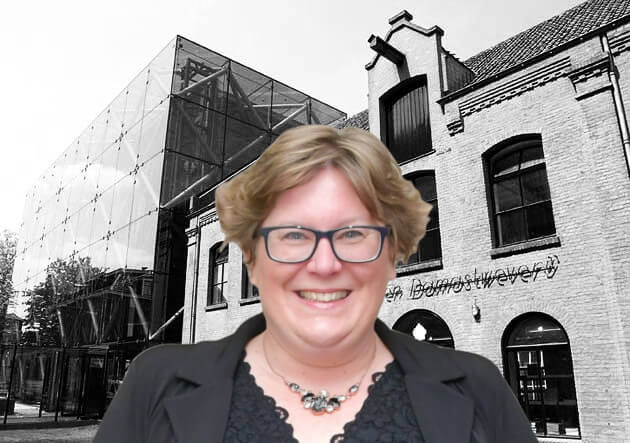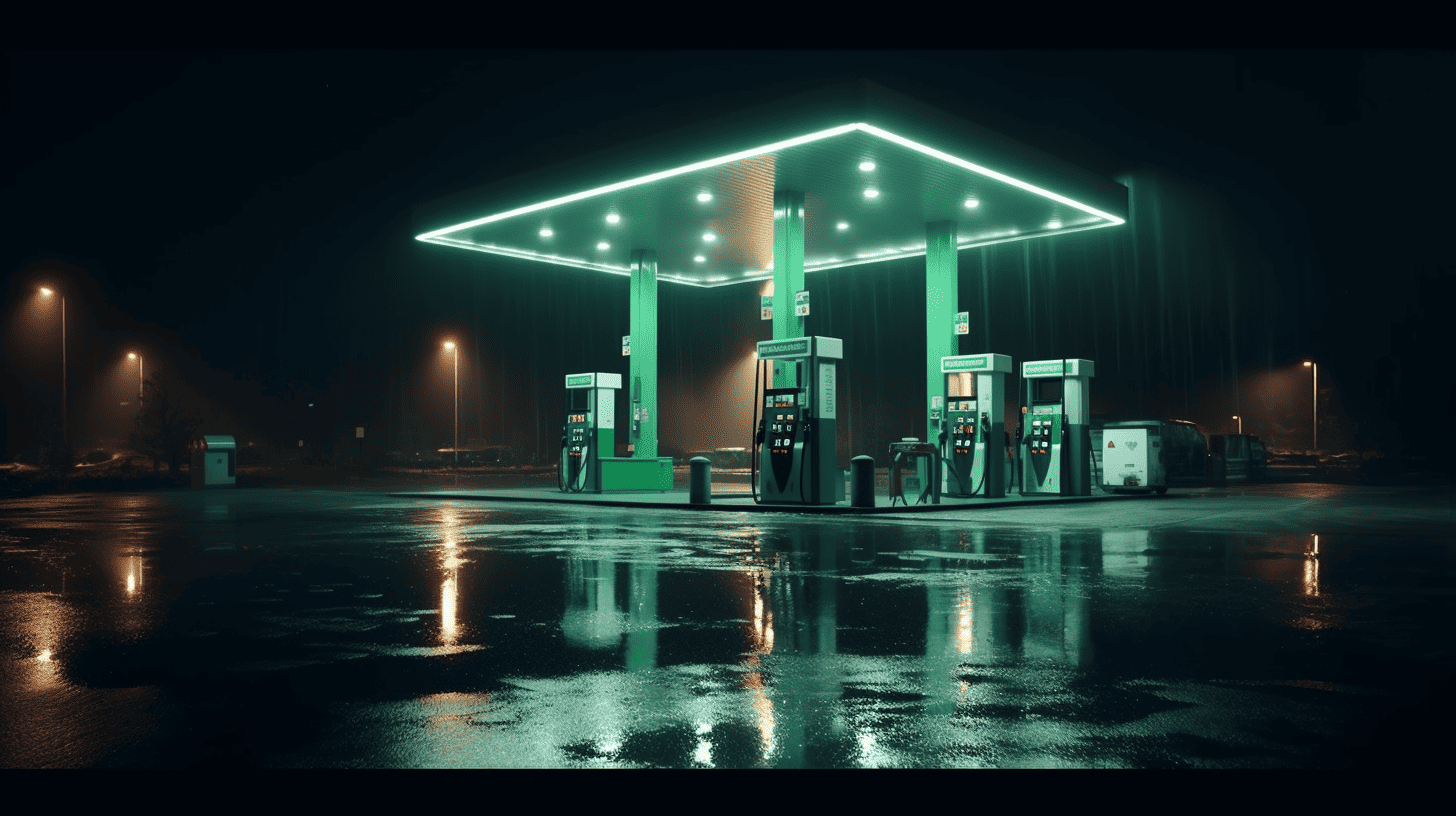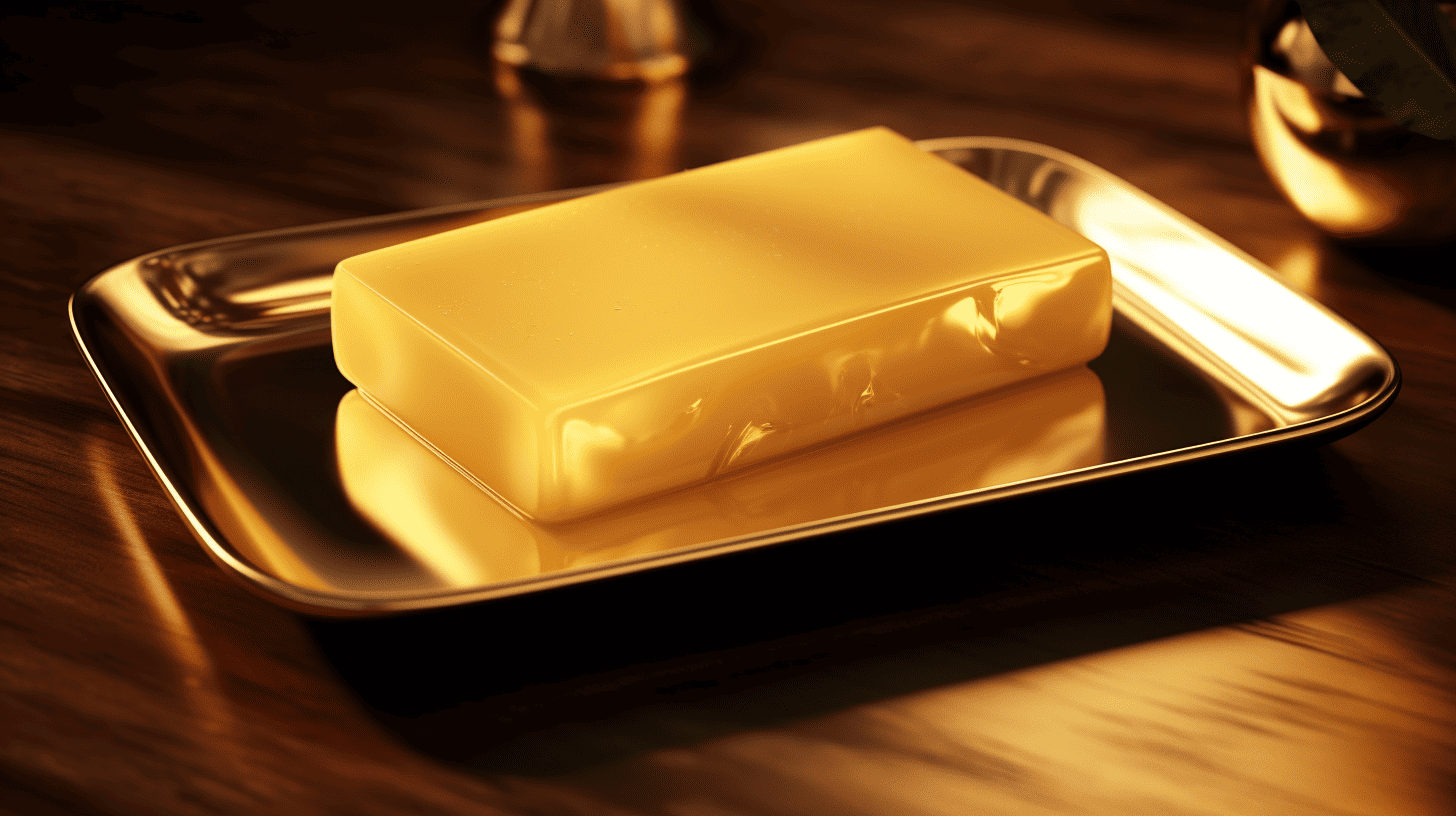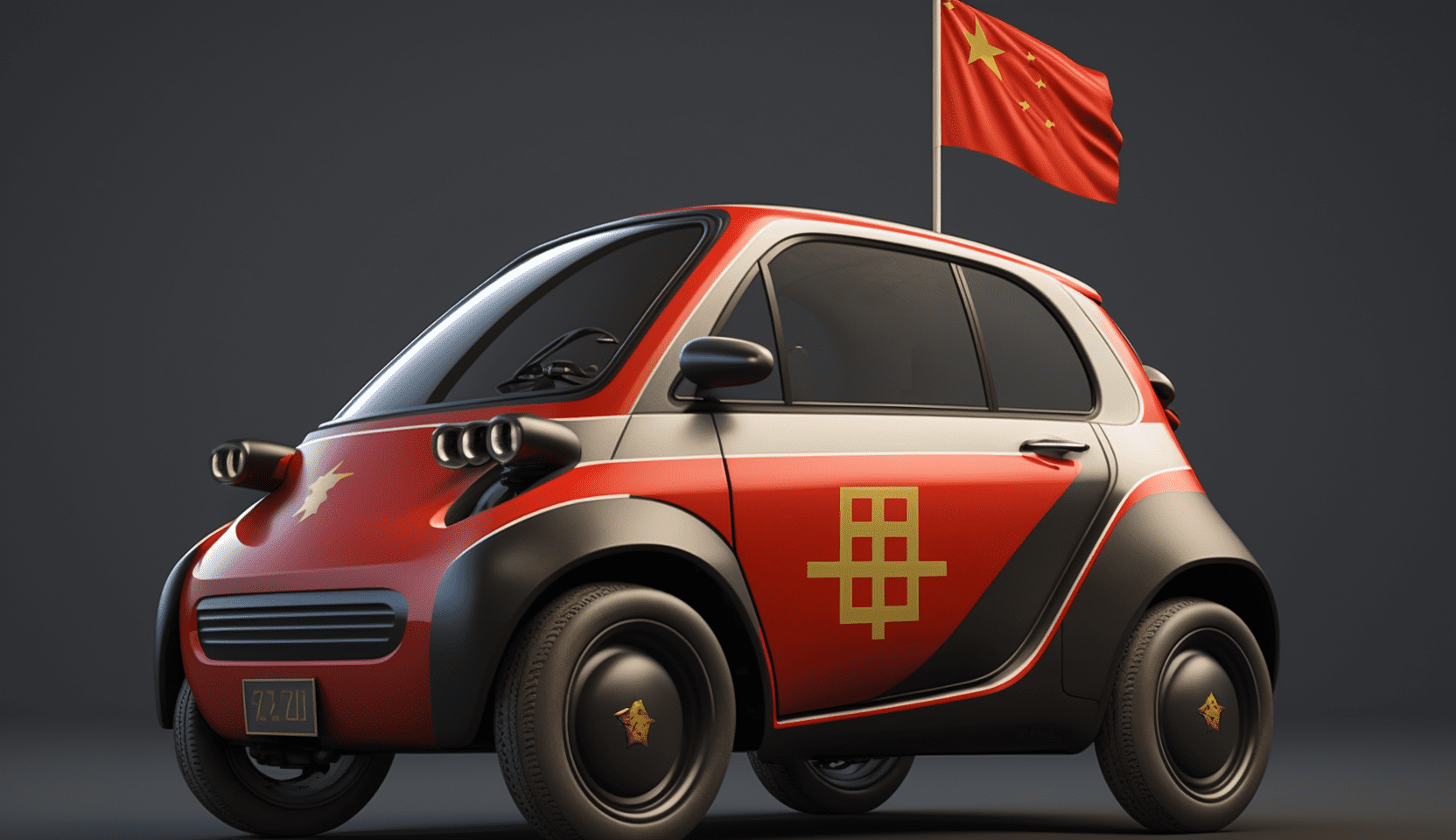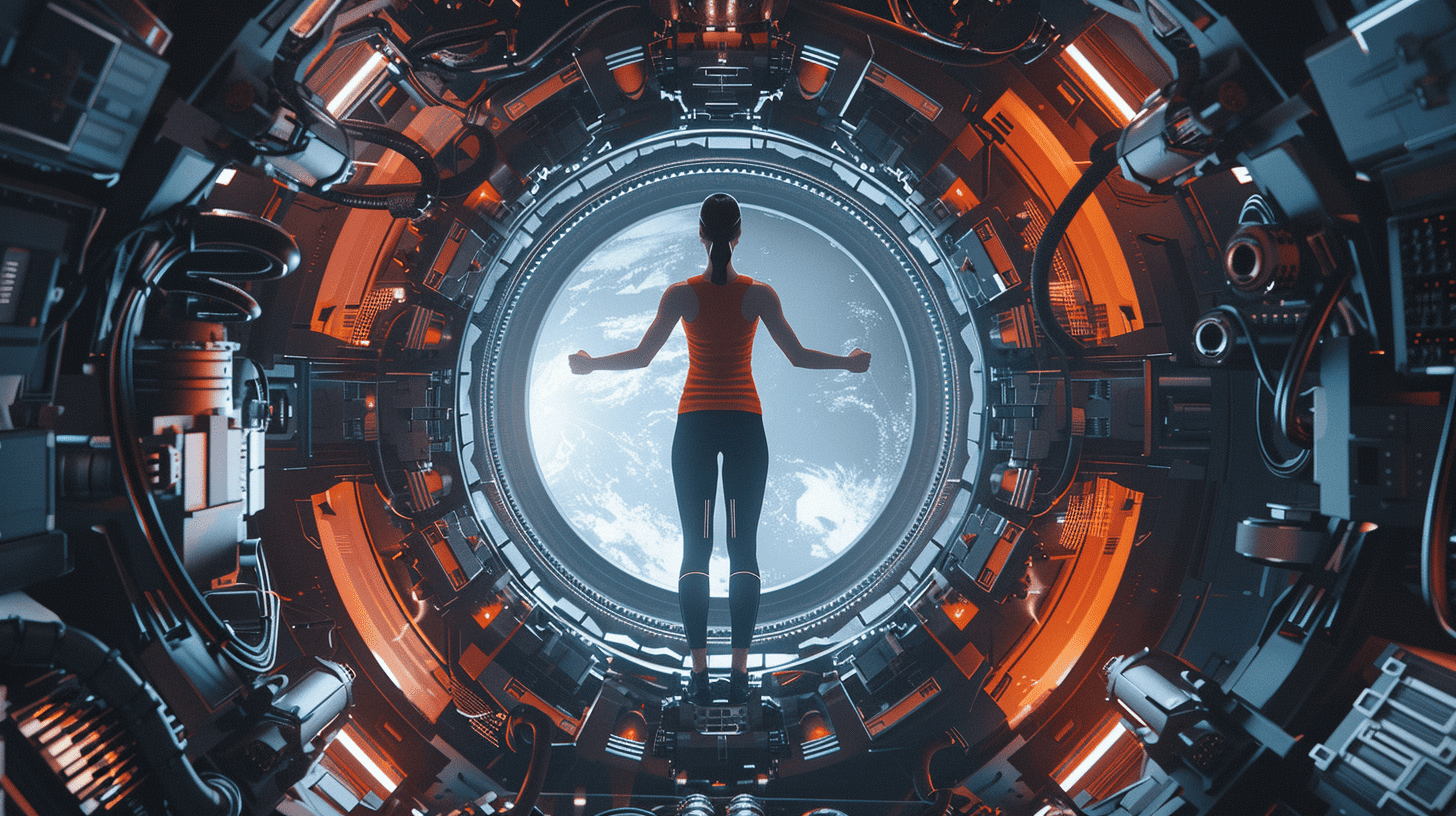
A year ago I received an unpleasant surprise. A person who I had written a manuscript with, had gone ahead and published that manuscript solo along with an earnings model and accompanying media promotion. My name had been deftly removed from the manuscript and I was completely unaware of that. This presented me with a dilemma. After all, redressing this injustice would take a lot of time, money, and negative energy and yield little in the way of joy and inspiring challenges. So I did what a person does when faced with a dilemma: I consulted my family and friends. My best friend, with an above-average knowledge of intellectual property law, provided the decisive factor. She said, “Can you really call yourself a creator if you do not stand up for what you have created? Be proud that you are an author who can stand up for her copyright!” She was right, as always.
Towards a creator-consciousness
The result was a months-long legal spectacle, with a fine final agreement in which both the solo-published manuscript and the accompanying media statements disappeared from the record. The injustice had been righted. Nevertheless, this was not where the big win lay. That was in what it did to me as a creator. The fact that I now really had to fight hard for my copyrights made me feel more of an author than ever. Not because I now know articles 1 through 53 of Dutch copyright law inside out, but because every sentence that I had written as an author in the previous months now felt like a sentence I had actually created. So above all, I gained a creator’s consciousness. That creator’s consciousness made it well worth all the time, money and negative energy.
I am not the only one who faces these kinds of nasty surprises. Every day, the rights of creators are violated on both smaller and larger scales. Sometimes unknowingly, but often deliberately. Software builders, filmmakers and inventors, can all face a violation of their intellectual property. Since we live in a network economy, and the output of creative and innovative processes is increasingly achieved in collaboration with others, the likelihood of such infringements has only increased. All those individual creators whose intellectual property has been unlawfully taken away are confronted with a difficult issue: ‘Do I have the time, money and energy to stand up for my rights?’
Towards a Council of Creators
During my months-long drama, I found out that on the journalism scene, a splendid solution to this quandary has been devised. Namely, in the Netherlands there is the Netherlands Press Council that functions as a self-regulating mechanism whenever the boundaries of journalistic ethics are crossed. It is precisely that self-regulating nature of the council that is so charming. Of course, not everything can be resolved through self-regulation, and a judge will still have to be involved if a party does not abide by the council’s ruling, but the existence of the council does provide a barrier-lowering effect for people who are affected by injustice or wrongdoing. There is no need for a legal circus in the first instance to address injustice or other abuses. I argue for a similar self-regulating mechanism for all creators. A creator’s council, for and by creators, to stand up for the real creators.
Defending real creators not only serves creative and innovative interests, it also serves an economic interest. For instance, a European Commission report on intellectual property states, “Innovation and creativity are the engines of our economy. It is important to provide rights-holders with the certainty that the fruits of their inventions will be protected. The competitiveness of European businesses depends on it” (EU, 2020, p.7). Despite these lofty words, safeguarding that protection is often laborious and requires armies of lawyers. We as a community, with all of our stimulus funds, are predominantly more concerned with promoting creators than protecting them.
The time has come to make a slight change to that. We as creators can either wait for a government to take the lead in this, or we can do it ourselves. We can come up with our own mechanism to help each other out whenever we see that someone else is under duress where their creator status is concerned. Let us, as innovators and creators united, build that collective shield that we use together to protect our creative status. One for all, all for one.
About this column
In a weekly column, alternately written by Eveline van Zeeland, Eugene Franken, Helen Kardan, Katleen Gabriels, Carina Weijma, Bernd Maier-Leppla and Colinda de Beer, Innovation Origins tries to find out what the future will look like. These columnists, occasionally supplemented by guest bloggers, are all working on solutions in their own way on the problems of our time. So that tomorrow will be good. Here are all the previous articles.

